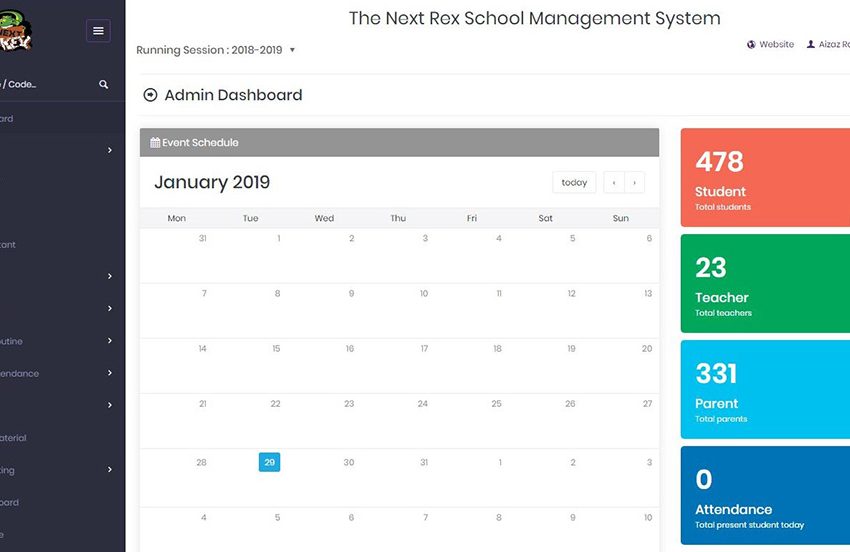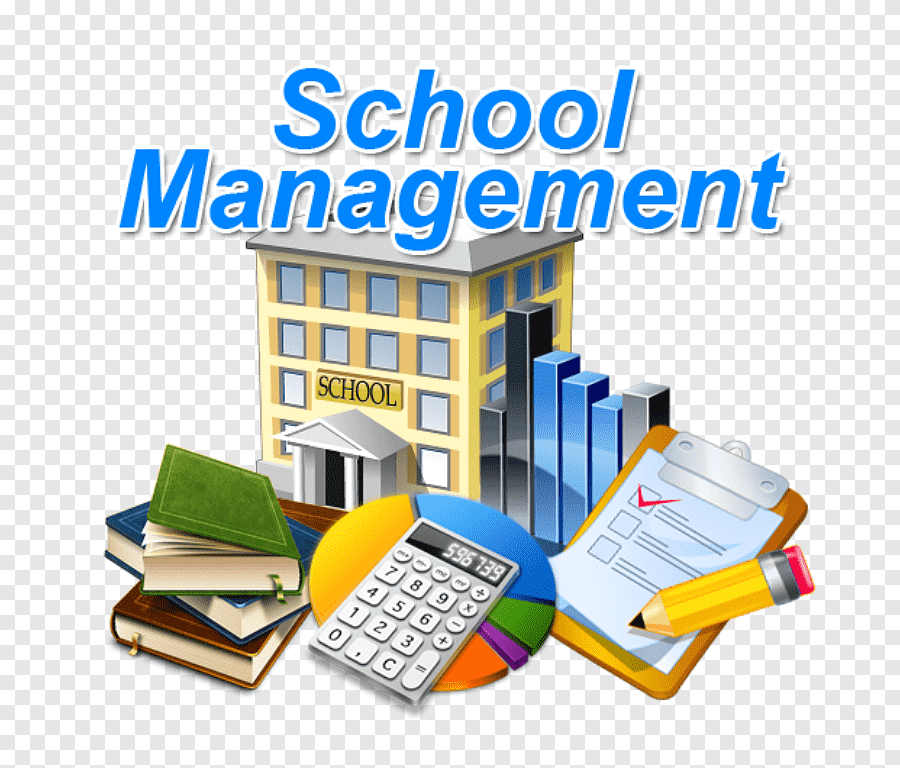School Management System: Revolutionizing Education Administration

In today’s fast-paced world, where efficiency and innovation are critical, the education sector is no exception. Schools, once managed manually with stacks of paper files and countless registers, are transitioning towards digitization to enhance their management processes. The introduction of the School Management System (SMS) has revolutionized how schools operate, offering seamless management, improved communication, and streamlined processes that benefit students, teachers, and administrators alike.
A School Management System is a web-based or software-based solution designed to automate and manage various school activities like student enrollment, attendance, grades, schedules, communication with parents, and more. In this article, we will dive into what an SMS is, the critical features, its importance, benefits, and how it is shaping the future of education administration.
What is a School Management System?
A school management system is an all-in-one software solution for handling the day-to-day administrative tasks of a school. It brings together various aspects of school operations—be it academic, financial, or administrative—into a centralized system that makes the management of these processes more accessible, efficient, and effective. With its user-friendly interface, it allows administrators to track student information, teacher performance, fee collections, and examination results.
In a time where schools are facing more complex challenges and larger student populations, an SMS offers an innovative way to ease the burden of management tasks. Whether it’s tracking student performance, managing resources, or communicating with parents, the system offers a comprehensive solution that addresses the needs of modern educational institutions.
Key Features of a School Management System
1. Student Information Management
The backbone of any school is its student data, and an SMS helps streamline the management of this information. The system maintains detailed records of each student, including academic history, personal details, health records, and more.
From new admissions to graduation, every bit of data is securely stored and can be accessed with just a click. This ensures that the school can maintain an up-to-date record without worrying about paperwork or missing files.
2. Attendance and Timetable Management
Gone are the days of teachers marking attendance manually in registers. The SMS allows real-time tracking of student attendance. It can generate automated attendance reports and send notifications to parents in case of absentees.
The system also makes creating and managing timetables easier, ensuring there are no clashes in scheduling for students or teachers. With dynamic timetable management, schools can adapt to sudden changes, such as teacher availability or classroom requirements.
3. Fee Management
Fee collection and management are critical tasks for any school, and SMS ensures transparency in this process. It automates the generation of fee invoices, sends payment reminders to parents, and tracks payments received. It can even handle various payment methods, making it more convenient for parents.
Fee management modules can also generate financial reports for the school, helping administrators track cash flow, outstanding payments, and budgeting.
4. Examination and Result Management
Another vital function of the SMS is examination management. The system can schedule exams, generate timetables, and create question papers. Post-exam, it can manage the evaluation process and automatically generate report cards.
The system also helps in generating performance reports that offer insights into a student’s strengths and weaknesses, helping teachers and parents understand where the student may need additional support.
5. Communication Portal
Effective communication between the school, teachers, parents, and students is essential for the success of any educational institution. Most School Management Systems come equipped with a communication portal where teachers and parents can interact. SMS allows schools to send instant notifications about events, updates, attendance, or important meetings.
Some systems even offer a chat interface, ensuring that teachers and parents can have real-time conversations about student progress and other important matters.
6. Library Management
A School Management System can also be integrated with library management. This feature enables the tracking of books, journals, and other resources within the school library. Students can check the availability of books, reserve them, and track their due dates for returns.
7. Staff Management
Besides student management, the system also keeps track of teaching and non-teaching staff. It records their attendance, schedules, payrolls, and performance evaluations, all of which ensure that staff management becomes a less cumbersome task for administrators.
8. Transportation Management
For schools that provide transportation, SMS can handle the scheduling and route management of buses. The system can notify parents about the location of their child’s bus, ensuring safety and peace of mind.
Importance of a School Management System
1. Streamlining Processes
Manually managing the various processes of a school can be overwhelming and time-consuming. An SMS automates tasks like attendance tracking, report generation, and communication, ensuring that these tasks are completed accurately and quickly.
2. Data Accuracy and Security
With an SMS, the possibility of human error is minimized. The system ensures accurate data collection and storage, which is crucial when it comes to managing student records, financial data, and academic performance. Additionally, these systems come with robust security features to protect sensitive information from unauthorized access.
3. Parent Involvement
Parents are key stakeholders in a student’s education. A school management system improves parent involvement by providing a communication channel that allows them to stay updated on their child’s academic progress, attendance, and school events. This increased involvement leads to better student outcomes.
4. Efficient Resource Management
School administrators can manage resources more effectively with an SMS. Whether it’s managing classrooms, tracking library books, or scheduling exams, the system offers comprehensive solutions to help optimize the use of school resources.
5. Cost-Effective
While implementing an SMS requires an upfront investment, the long-term savings in time, effort, and resources far outweigh the costs. By automating tasks that would otherwise require manual labor, schools can cut down on administrative expenses.
The Benefits of a School Management System
1. Saves Time
One of the most significant advantages of using an SMS is time savings. Tasks like attendance, report generation, and communication, which previously took hours, are now automated and completed in minutes.
2. Improves Transparency
An SMS provides transparent operations. Parents, teachers, and administrators have access to relevant data at any time, ensuring transparency in grading, fee collection, and student performance tracking.
3. Boosts Efficiency
Automating routine tasks boosts the efficiency of school operations. Teachers can focus on teaching rather than spending hours grading papers or tracking student attendance manually. The administration can also focus on strategic improvements rather than being bogged down by administrative tasks.
4. Enhances the Student Experience
With seamless processes and better communication, students experience a more structured and supportive environment. They can track their own progress, receive feedback faster, and feel more connected to their teachers and school activities.
5. Sustainable Operations
As schools transition to digital platforms, they reduce their dependency on paper, making their operations more sustainable. This shift not only benefits the environment but also reduces storage and stationery costs for schools.
How School Management Systems are Shaping the Future
School Management Systems are leading the way in transforming educational institutions. As technology advances, these systems are integrating more features like AI-powered analytics, online learning platforms, and mobile access, providing schools with cutting-edge tools to adapt to changing needs.
With the rise of remote learning due to global events like the COVID-19 pandemic, School Management Systems are also playing a crucial role in facilitating distance education. They help manage virtual classrooms, track student participation, and maintain academic standards, ensuring that learning continues regardless of location.
In the coming years, as more schools adopt these systems, we can expect even more integration of emerging technologies like blockchain for secure credentialing, IoT for smarter campus management, and AI-driven personalized learning.


